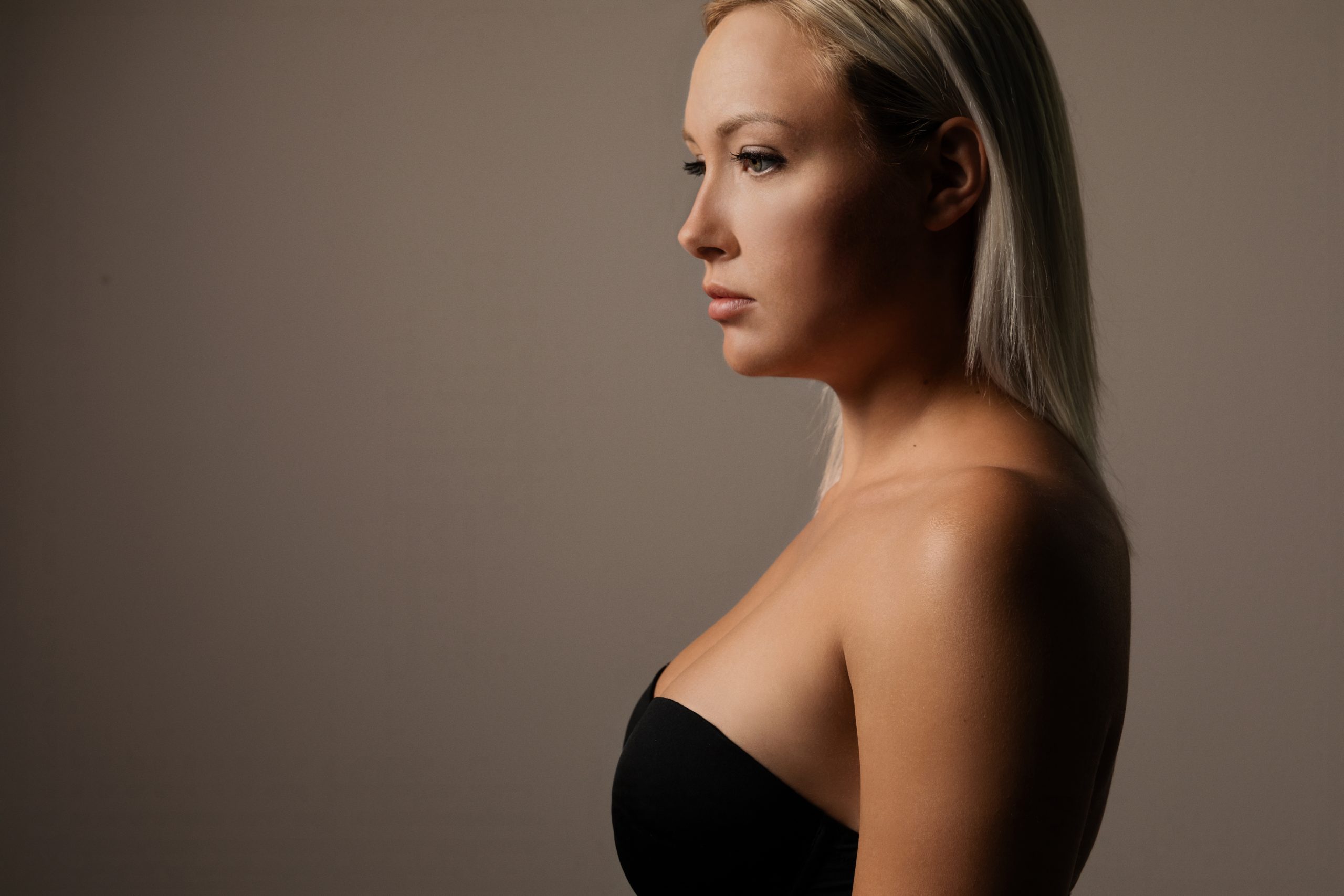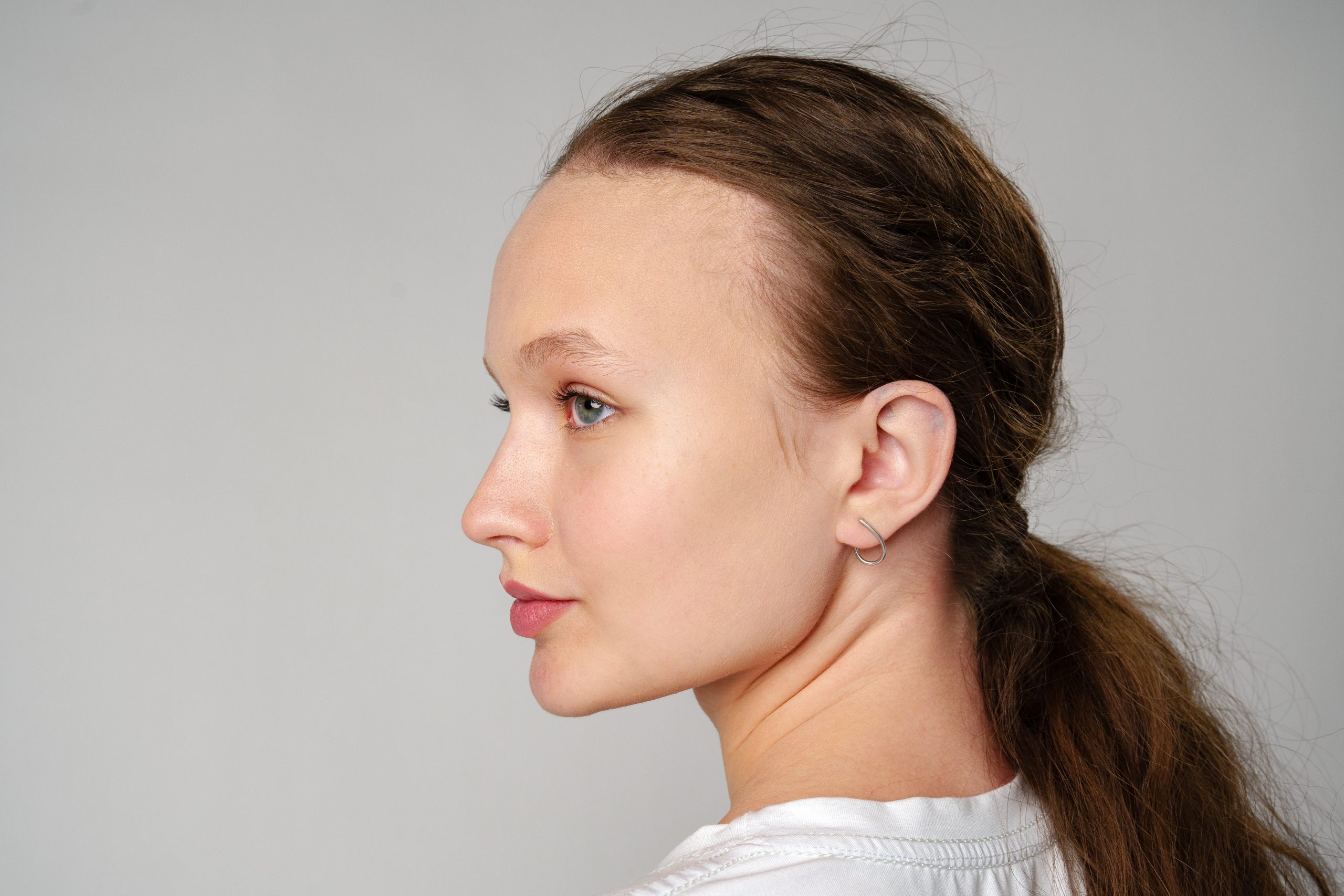

How Much Does Breast Augmentation Cost?
Understanding the Investment in Your Confidence
At its heart, breast augmentation is more than a cosmetic procedure it’s a deeply personal journey. If you’re considering this step, understanding the financial landscape is as important as choosing a qualified surgeon. In the UK, costs can vary widely depending on technique, location, expertise, and aftercare. Let’s walk through the elements that influence the investment and help you feel informed and empowered from the start.
1. Typical Cost Range: What to Expect
According to the NHS, breast implant surgery usually costs between £3,500 and £8,000, and this often excludes consultation and follow-up appointments. While that figure gives a basic baseline, private clinics usually offer bundled packages that include surgeon fees, hospital costs, and aftercare.

For instance, Pall Mall Clinics list breast enlargement starting at £5,495, rising for procedure combinations like implant removal or adding a breast uplift.
Looking at regional variances, prices differ by geography: in London and the Southeast, standard augmentation may range from £5,000 to £8,000, while in the Midlands and the North, costs tend to lie between £4,500 and £6,500. In Scotland and Wales, typical figures are £4,000 to £6,000.
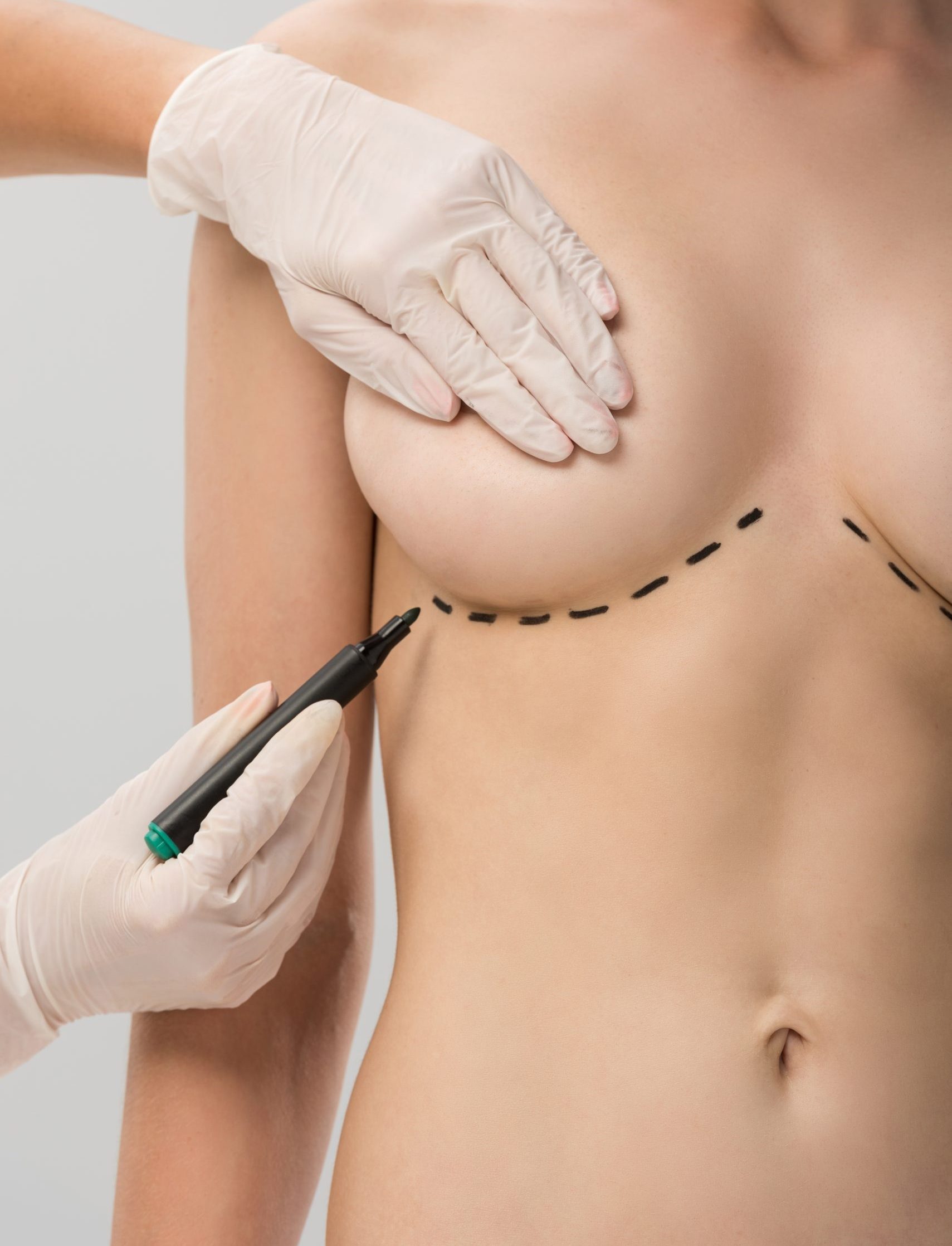
2. Factors That Influence the Price
Several key variables shape the total cost of breast augmentation:
- Type of Implants: Silicone implants are more popular for their natural feel and tend to be as part of the typical £3,500–£8,000 range, while saline implants may be somewhat cheaper.
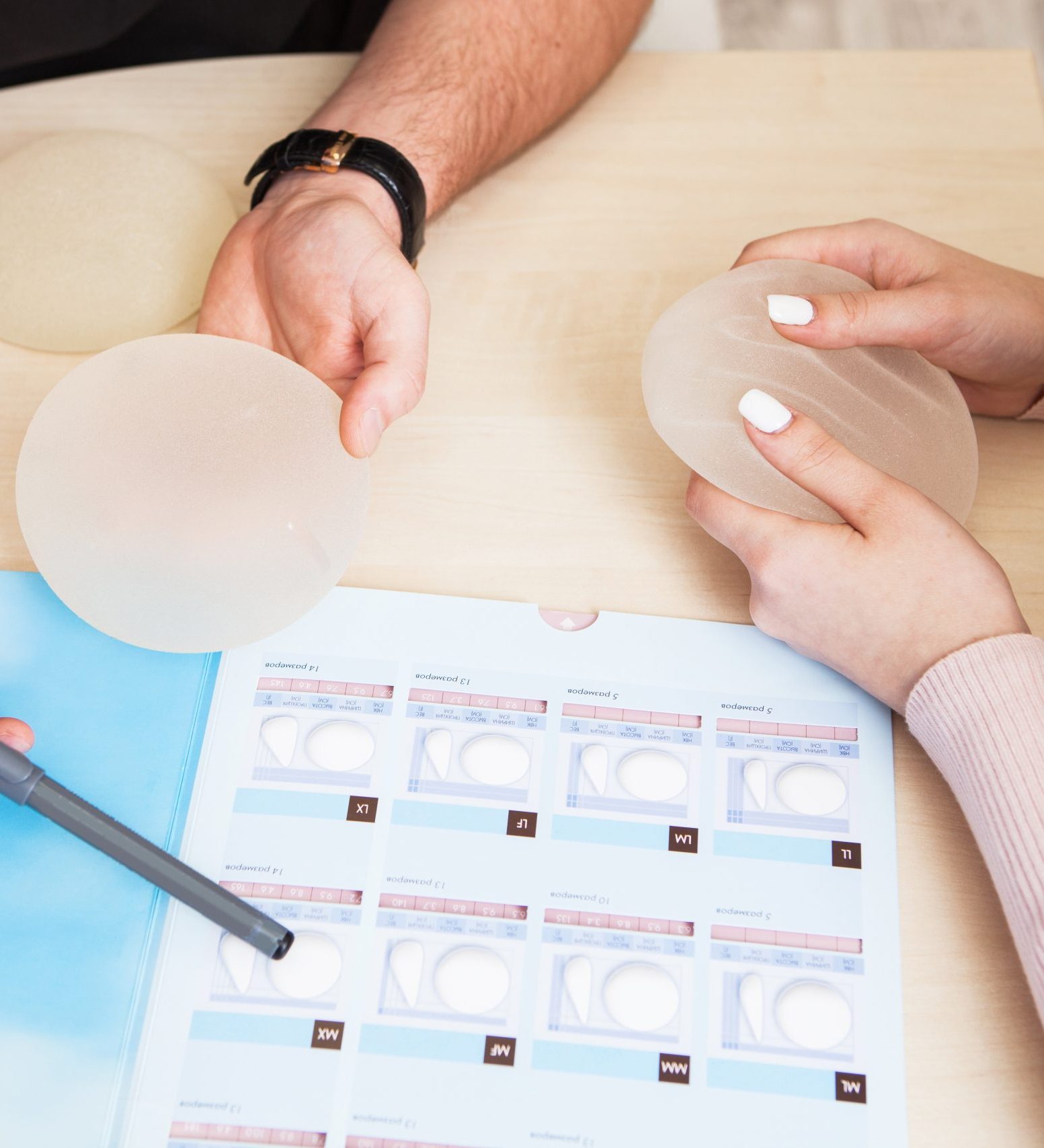
- Surgeon’s Skill and Reputation: Surgeons with more experience and strong reputations often command higher fees, reflecting advanced expertise.
- Location: Urban centres like London carry premium price tags due to higher operating costs, compared to regional clinics.
- Clinic Facilities: Hospital or clinic fees, including operating room, anaesthesia, and recovery, typically add £1,000 to £2,000.
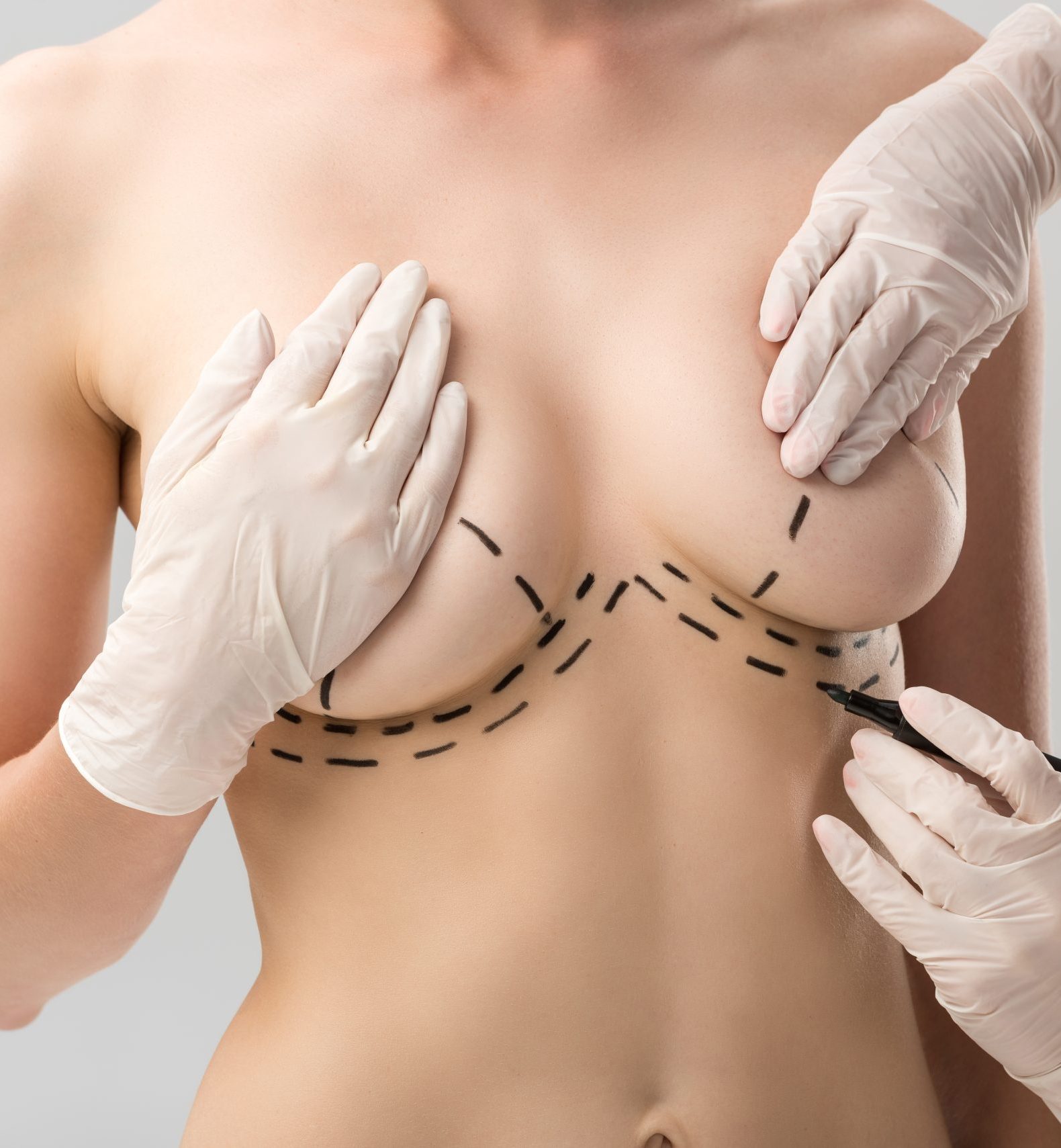
3. Alternative Options: Fat Transfer Augmentation
Some may prefer a less implantcentred approach. Fat transfer breast augmentation, also known as lipofilling, uses your own body fat to enhance shape, offering a “natural” alternative for some candidates.

- In the UK, costs range broadly from £2,000 to £8,000, depending on the clinic and extent of work.
- Regional breakdowns show average costs around £6,500 in London, with £6,000 in Manchester, £5,800 in Birmingham, and £6,200 in Bristol.
- At the Cadogan Clinic, fat transfer starts near £6,900 for a single liposuction area, with more extensive procedures going up to £16,900, depending on the number of areas treated.
This technique may reduce scarring and foreign material concerns, but it often involves multiple stages and may require touchup sessions.

4. Hidden and Additional Expenses
Beyond the procedure itself, there are essential extras to factor into your budget:
- Consultation Fees: Typically between £50 and £300, depending on the surgeon and clinic.
- Post-Operative Garments: Surgical bras and compression wear may cost between £50 and £150.

- Medication: Prescriptions such as pain relief or antibiotics may add £20 to £100.
- Follow-Up Visits: Appointments post-surgery can cost £50 to £200 per visit, depending on the clinic.
- Revision Surgery: Should correction become necessary, prices may range from £3,000 to £8,000.
Together, these costs reinforce the importance of budgeting thoughtfully for your entire journey, not just the initial procedure.
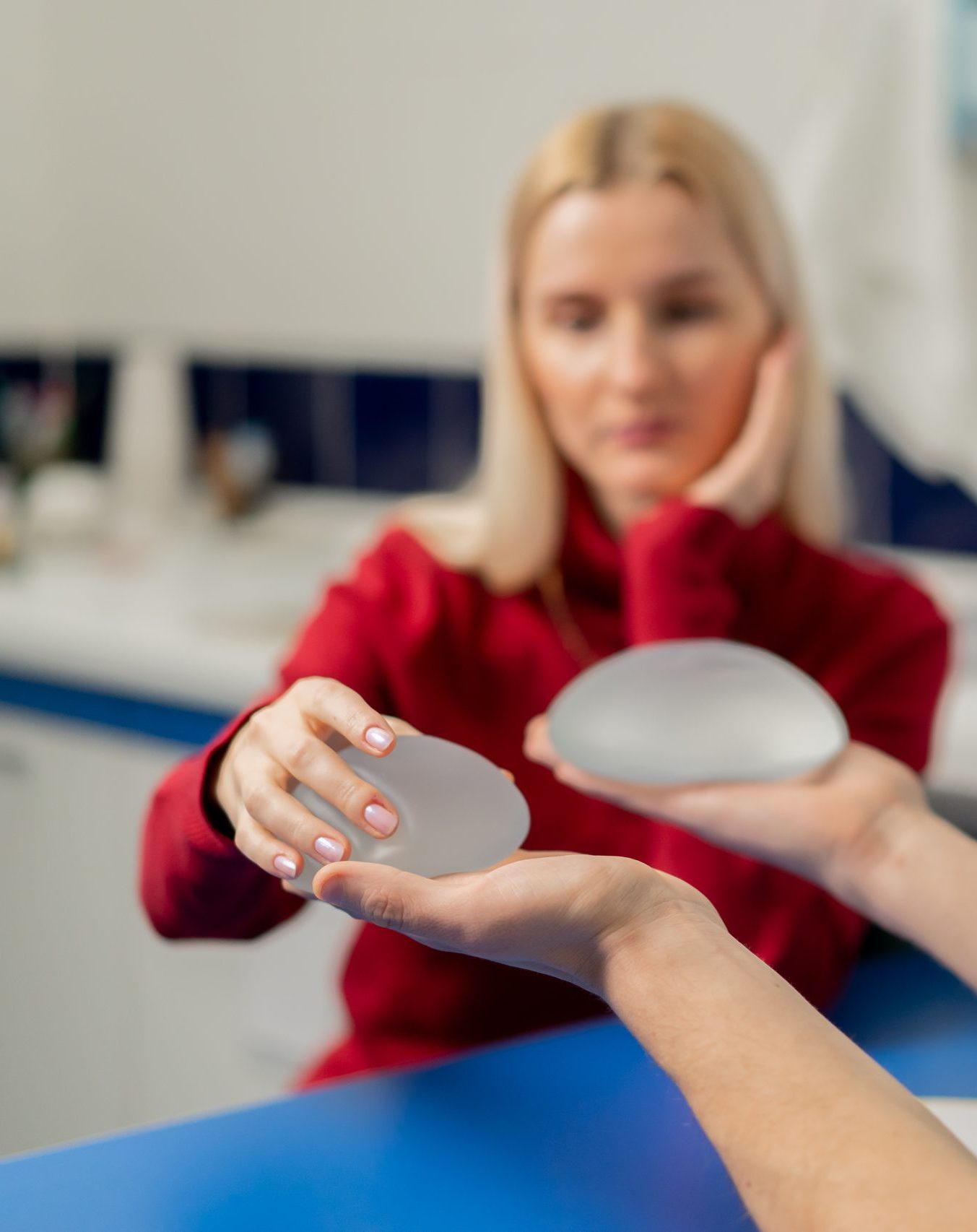
5. Financing Options That Support You
Understanding that aesthetic transformation is both emotional and financial, many UK clinics and banks offer flexible ways to manage the cost:
- Clinic Finance Plans: Institutions like Pall Mall offer payment over 3–5 years; some even have 0% interest plans for combination procedures above £6,000 with a deposit from 35%.
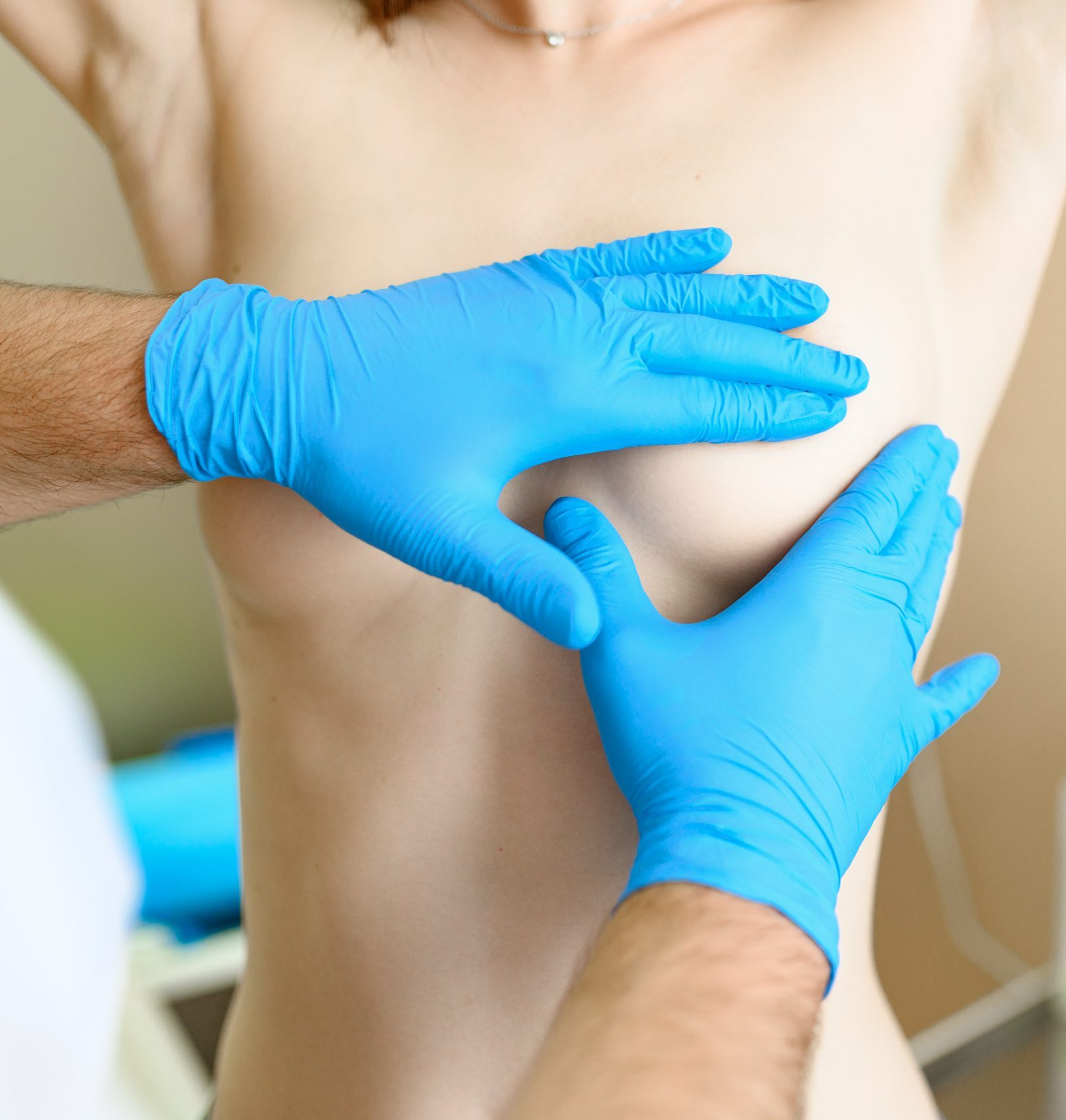
- Specialist Financing Providers: Medical-specific lending programs offer options like 0% interest for shorter terms or fixed APRs for longer plans.
- Personal Loans & Credit Options: These can cover anywhere from £3,000 to £15,000, with repayment terms up to 60 months and variable interest.
- Deposits: Typical deposits start at £500, securing your surgery date while the remainder can be managed through finance or upfront payment.
Financing gives flexibility, but it’s equally vital to check terms carefully and choose options that safeguard both your financial and emotional wellness.
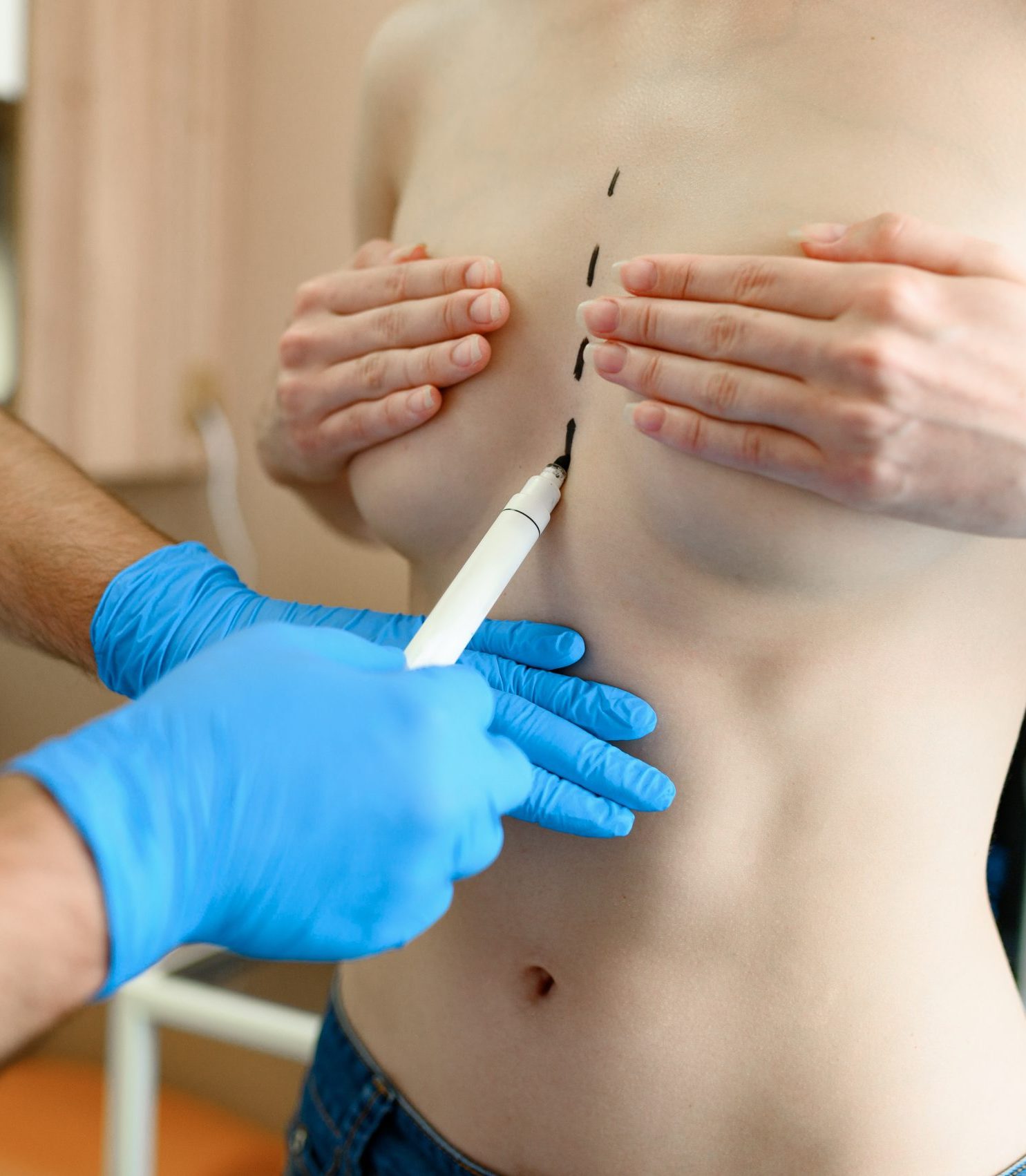
6. A Thoughtful Approach to Your Decision
While price is a vital consideration, the quality of care must remain your highest priority.
Choose a fully accredited surgeon and clinic:
- Ensure the surgeon is registered with the GMC and ideally associated with BAAPS or BAPRAS.
- Confirm the clinic is CQC-registered, ensuring adherence to health and safety standards.
- Recognise that investing in an experienced surgeon can reduce complications and enhance peace of mind, even if the initial cost is higher.
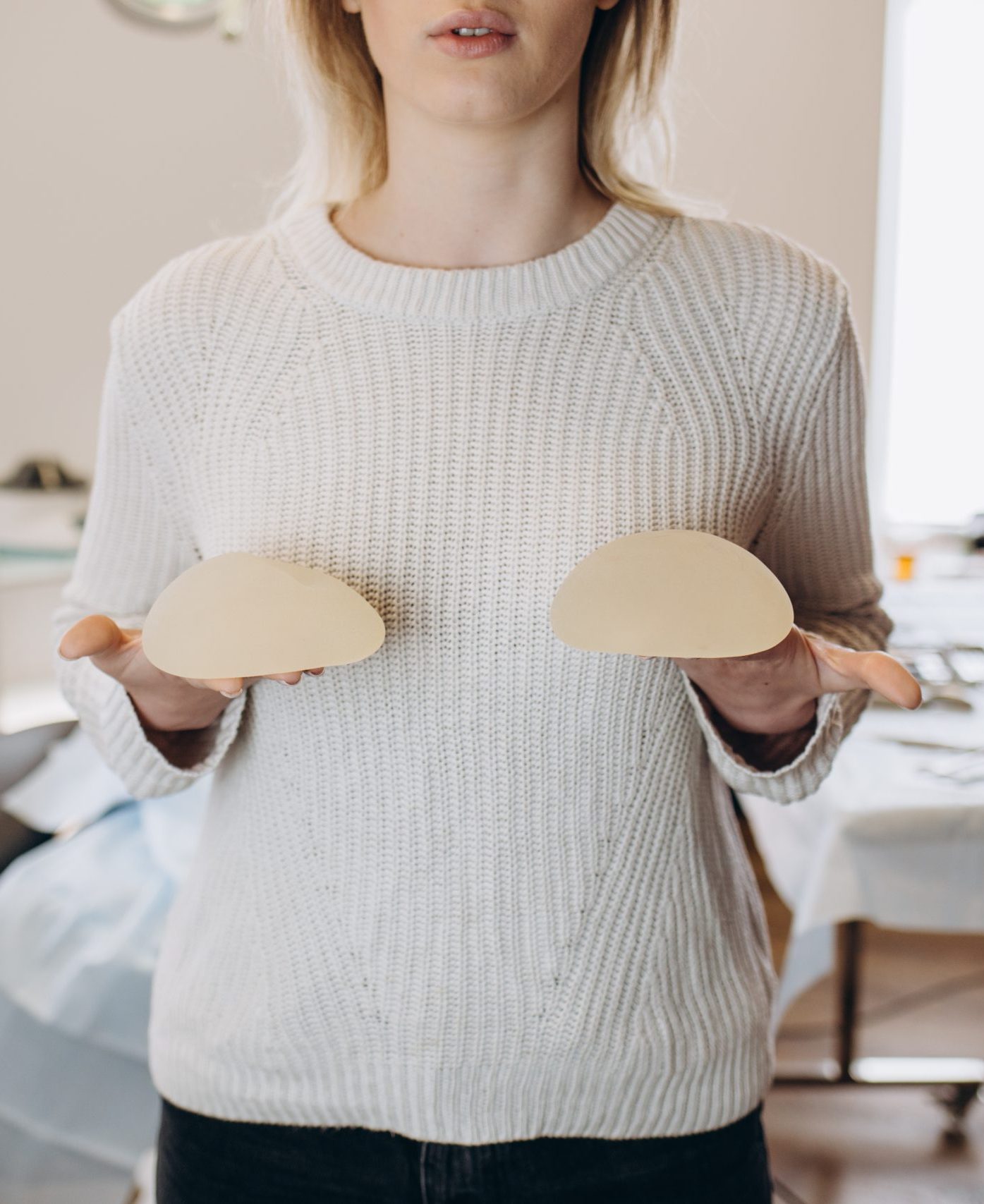
7. In Summary: What Should You Budget For?
| Component | Estimated Cost (UK) |
| Base Procedure (Implants) | £3,500 – £8,000 |
| Private Package (Select Clinics) | £5,495 and up (e.g., Pall Mall) |
| Regional Variation | London: £5,000–8,000; Midlands/North: £4,500–6,500; Scotland/Wales: £4,000–6,000 |
| Fat Transfer Augmentation | £2,000 – £8,000; London avg: £6,500+ |
| Consultation | £50 – £300 |
| Garments & Medication | £70 – £250 combined |
| Follow-up Appointments | £50 – £200 each |
| Revision Surgery | £3,000 – £8,000 |
| Financing Deposits | From £500, with various plans available |
Final Thoughts: Moving Forward with Clarity and Confidence
Choosing breast augmentation is profoundly personal. It’s not just about curves, it’s about how you want to feel in your own skin. That clarity starts with understanding the financial landscape. In the UK, the cost of breast augmentation ranges significantly depending on implant type, technique, clinic location, and individual circumstances.
When budgeting, account for every stage from consultation and procedure to recovery, support garments, and potential future care. Embrace realistic expectations, prioritise qualified professionals, and explore financing that respects both your emotional and financial wellbeing.
Alongside personalised guidance and compassionate care, a transparent understanding of what lies ahead can transform your journey from uncertain to empowered.

